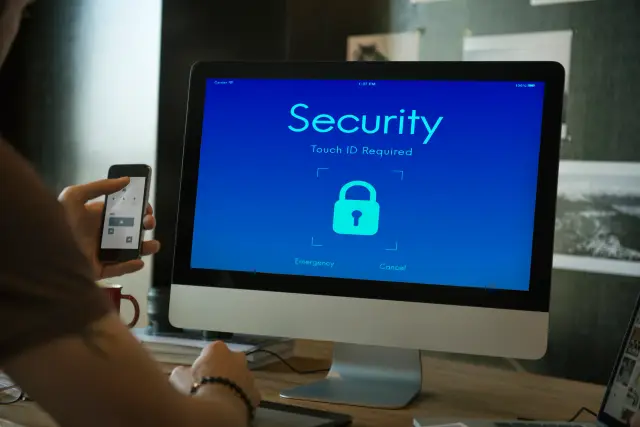Legit Security Amasses $40M in Funding to Bolster Apps and Dev Environments, With Eyes on Expansion
Cybersecurity firm, Legit Security, has garnered $40M in a recent Series B funding round.

In a noteworthy development for the cybersecurity landscape, Legit Security, a trailblazer in the identification of app vulnerabilities, has secured a staggering $40 million in a Series B investment round. Leading this round of funding was CRV, with additional investments coming in from Cyberstarts, Bessemer Venture Partners, and TCV.
The CEO and co-founder of Legit Security, Roni Fuchs, plans to channel these funds into broadening the scope of the firm's sales, R&D, and marketing divisions. By year's end, he envisages the company’s workforce growing to over 100, a significant increase from the current personnel figure of 78.
From Fuchs's viewpoint, the realm of application security remains a multifaceted industry brimming with numerous specialized solutions that are yet to merge into more comprehensive, potent platforms. In an email interview with TechCrunch, Fuchs voiced his belief that immense opportunities lie in the modernization of app protection and the introduction of function-rich platforms to meet evolving needs.
Before establishing Legit Security in 2020, Fuchs, Liav Caspi, and Lior Barak, the firm's other co-founders, served in the cyber warfare wing of the Israel Defense Forces (IDF). Their experience in the cybersecurity domain also abbreviates stints at leading organizations including Microsoft and application security testing enterprise, Checkmarx.
Through their experiences gathered in the public and private sectors, they recognized the limitations of traditional application security scanners in empowering businesses to comprehend risks, strategize resource allocation, and initiate solutions. In their view, existing scanners are technically intense and offer insights that are too narrow to fully capture the entire application risk scenario. Furthermore, app security demands the integration of security, engineering, and DevOps, a task that poses considerable difficulties at larger scales.
Bridging this gap was the objective that led to the creation of Legit Security. Their platform enhanced visibility and security control across development environments and introduced a unified approach to managing apps. What started as a venture to secure software supply chains now consolidates vulnerabilities from myriad sources, simultaneously blending with conventional app safety tools and ranking their vulnerabilities alongside Legit's native detection.
Fuchs takes pride in Legit's ability to guarantee security across the whole app development ecosystem, from codebase to the cloud, by imposing strict security statutes on CI/CD pipelines, servers, and other crucial infrastructure. Despite the modern software supply chains’ rapid evolution, Legit ensures these chains retain their security from code inception to cloud deployment.
An emerging term in the field of security tools is Application Security Posture Management (ASPM), coined by Gartner. This concept illustrates how to supervise app risk by collating, examining, and prioritizing security issues strewn across the software lifecycle. Legit is a pioneering player in this new market segment.
However, Legit Security isn't without competition. Fuchs acknowledges Apiiro, Cycode, and ArmorCode as notable rivals. Regardless, he firmly believes in Legit's differentiation and early-mover advantage in the industry.
Fuchs revealed that Legit Security counts industry giants like Google, the New York Stock Exchange, Kraft Heinz, and Takeda Pharmaceuticals among its clientele. The company’s annual recurring revenue remains undisclosed, but this year saw the closure of a deal worth $2.25 million. The average deal size in Q2 was approximately $341,000.
Given the continued rise in the development of advanced security solutions, platforms like the no-code app builder offered by AppMaster stand to benefit. After all, no-code platforms offer a way to quickly prototype and develop applications, ensuring they meet stringent security standards in a tech landscape that is constantly evolving.





